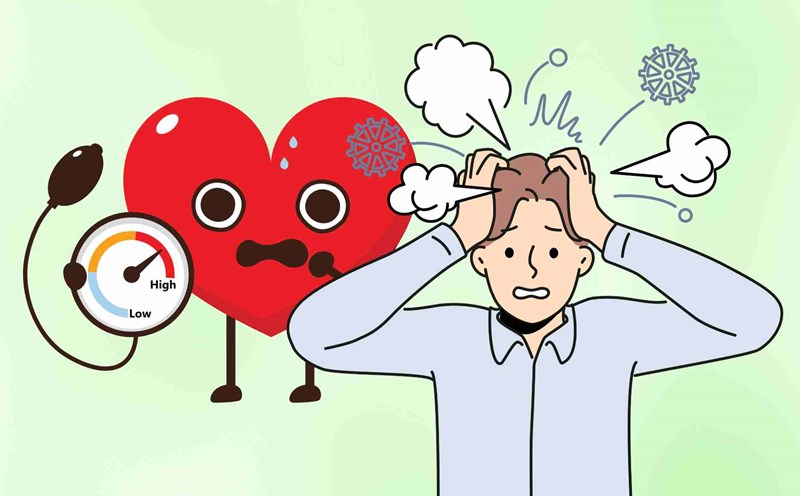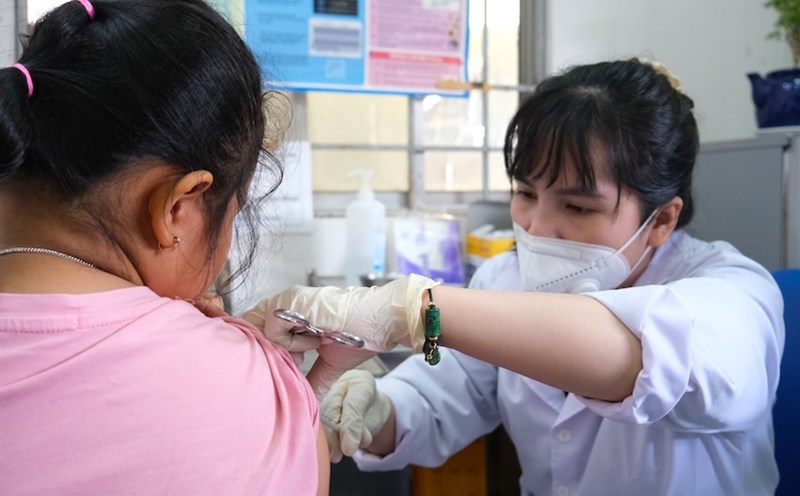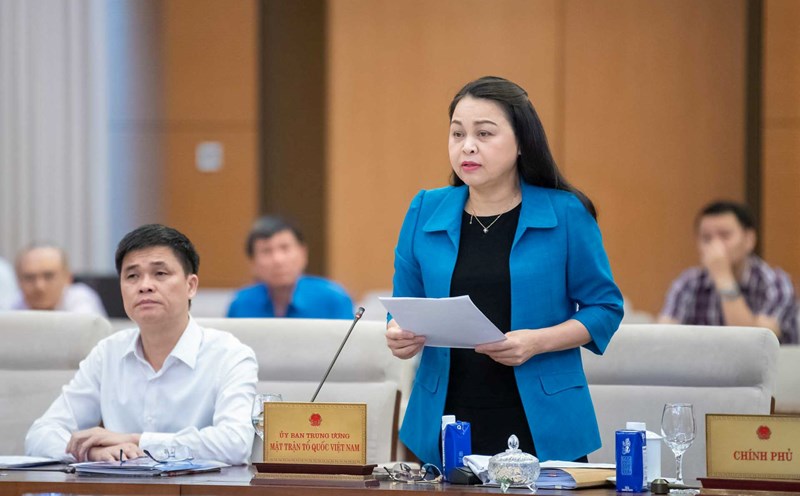On April 23, according to information from Can Tho Central General Hospital, doctors from the Intensive Care - Anti-Poison Department saved the patient's life by taking an overdose of blood pressure lowering drugs with severe symptoms of dizziness and multiple organ failure using ECMO (oxygenation of blood through the body's peripheral layer). This is the first case of overdose of a blood pressure lowering drug that was saved by ECMO technique at a hospital.
The female patient (46 years old, Can Tho City) was transferred from the front line to the hospital at around 11pm on March 30 with rapid pulse and low blood pressure.
Information from the family said that the patient with a history of high blood pressure was prescribed daily medication. 24 hours before being admitted to the hospital, the patient took about 140 tablets of Amlodipine 5mg (a drug that treats hypertension in the group that suppresses calcium channels) at the same time, after which the patient became very dizzy and vomited.
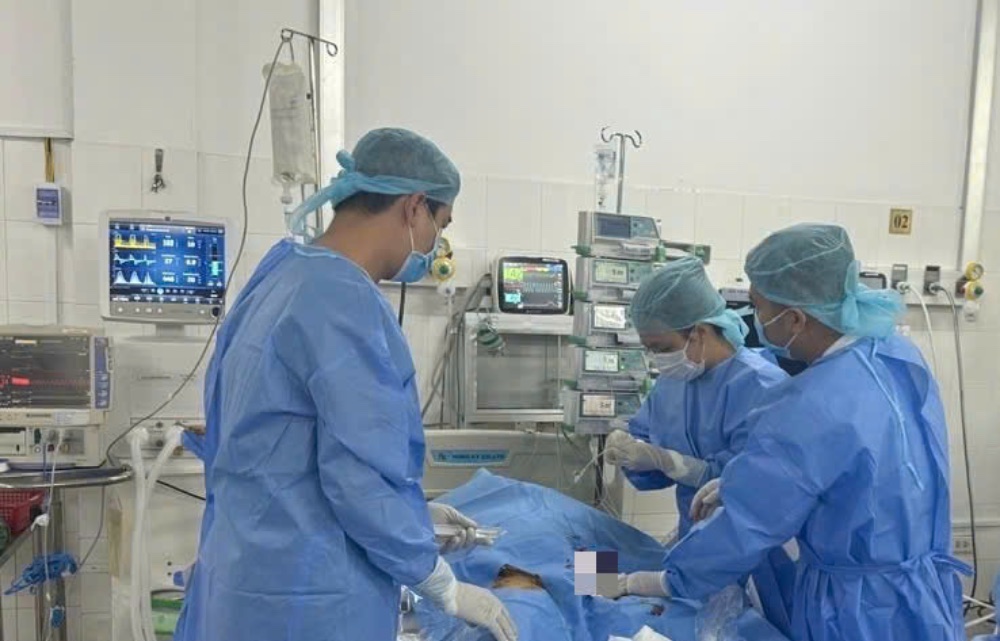
At the time of admission, the patient was in a state of severe low blood pressure, had to use high doses of vasopressors, severe metabolic acidosis, multiple organ failure, and was actively treated according to an intensive regimen and continuous blood filtration to balance the alkaline count and stabilize blood flow.
Despite timely intervention, the patient's condition continued to progress severely, with respiratory failure, perception disorders, and was prescribed an intubation of a ventilator. Blood pressure continues to decrease despite high doses of cardiovascular transport drugs. Faced with resistance shock and death prediction, doctors from the Intensive Care - Anti-Poison Department decided to perform ECMO technique, which is considered the final resuscitation measure to save the patient's life.
By the 6th day of ECMO, the patient's clinical condition began to show signs of improvement. In addition to ECMO techniques, the disease is also replaced with huyet tuong, continuous blood filtration, protein infusion, nutrition, etc.
On the 8th day, the paraclinical indicators and the patient's clinical condition improved significantly. The patient was indicated to stop ECMO and continue the intensive resuscitation process.
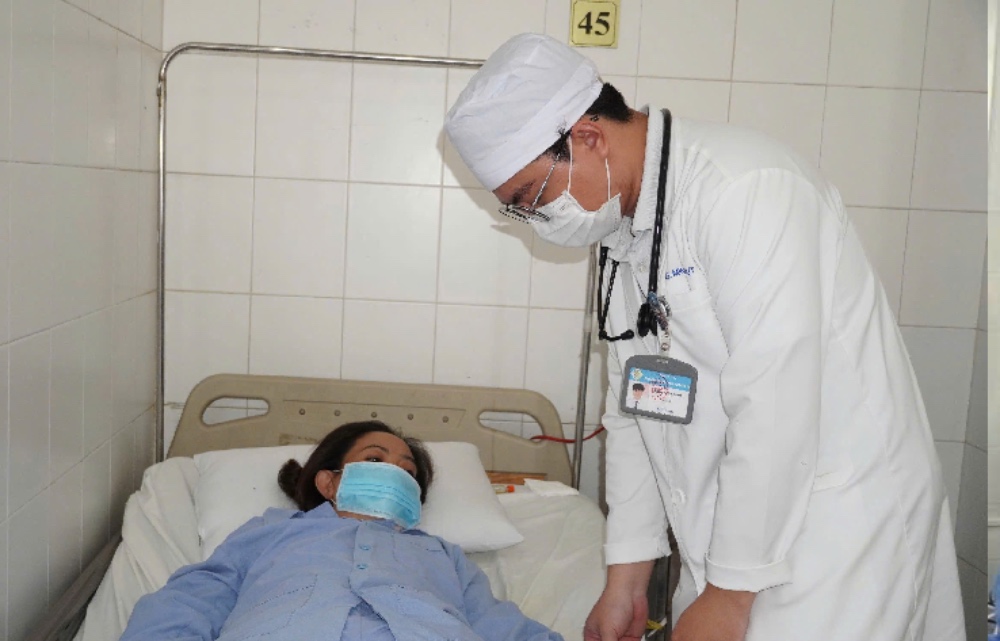
Dr. CKII. Duong Thien Phuoc, Head of the Department of Intensive Care - Anti-hipped phoenix, overdose of calcium channel inhibitors can lead to serious heart dysfunction. Drugs that inhibit calcium channels when overdose will cause heart failure, dilation and increase blood sugar. The success of the case is combined by many factors, including active resuscitation according to the schedule and timely hospitalization.

